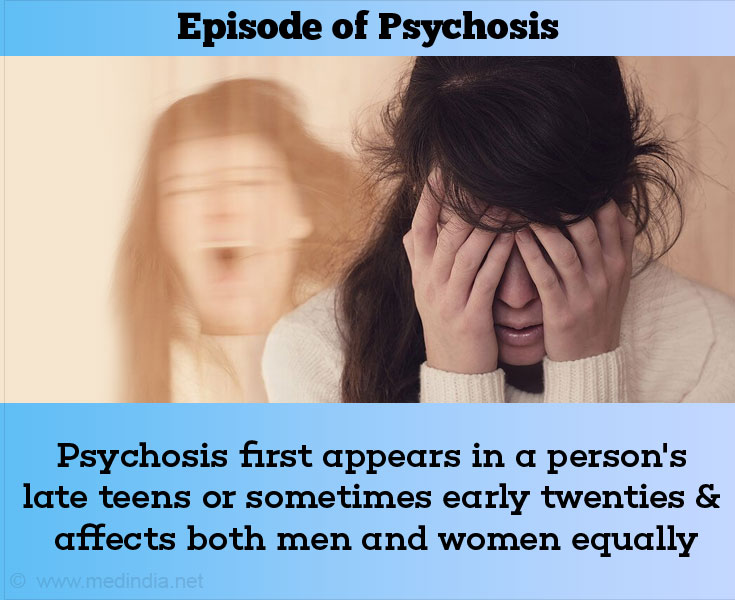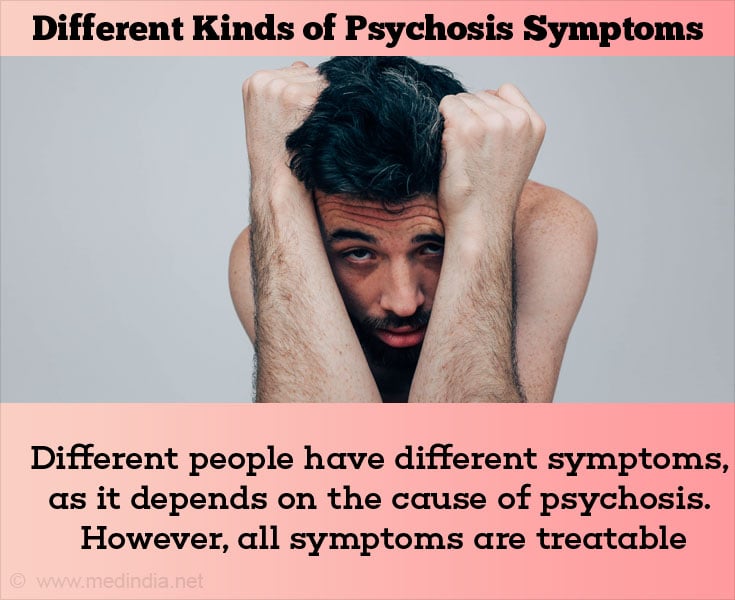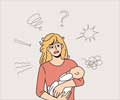Understanding the Stigma Experienced by People with Psychosis
There are a lot of misunderstandings floating about what it means to experience psychosis. People wrongly assume that the word 'psychotic' tends to mean 'dangerous'. The media often does portray people with psychosis behaving dangerously, even though very few people who do experience psychosis ever hurt anyone else.
It is important to remember that the people with psychosis are not alone, and they do not have to put up with people treating them badly.
The word psychosis is used to describe conditions that do affect the mind, in which people do have trouble distinguishing between what is real and what is not. When this does occur, it is called a psychotic episode.
The first episode of psychosis is most certainly quite frightening, confusing, and even distressing, particularly because it is an unfamiliar experience of sorts.
About three out of every 100 people do experience an episode of psychosis in their lifetime. Psychosis affects both men and women equally and does occur across all cultures and socioeconomic groups. Psychosis first appears in a person's late teens or sometimes early twenties.

Psychotic illnesses seem to affect women at a later age than men, when women may be farther along in their social as well as work lives. Overall, though women respond better than men to most treatments; however, the risk of relapse for women is far greater. The risk of relapse is high before the start of periods, after childbirth and around menopause too. This suggests that women's hormones that may in, some way, affect psychosis.
There are two different kinds of psychosis symptoms: the positive symptoms and the negative symptoms.
Positive symptoms do “add” things like thoughts or behaviors.
Delusions are a strong belief in something that is not true. A common delusion is a belief that someone is following the person with psychosis or even watching them.
Hallucinations are things that are sensed that are actually not there. The person can experience a hallucination with any of the five senses (hearing, sight, taste, touch and smell). The most common hallucination is hearing another voice talking that others cannot possibly hear.
Speech is so jumbled or sometimes illogical that no one can understand it.
The person does have a hard time organizing or completing tasks, or the person does not act the way they used to. They might have a hard time with daily tasks such as cooking or getting dressed, or they may even suddenly laugh when someone tells them a sad story. The movements tend to be very slow, awkward, and rigid or even very fast.
Negative symptoms always take something away. The person might not be able to show emotions, talk much (or even at all) or be even motivated to do anything. Negative symptoms often are not as distinct as positive symptoms, and they can often look like symptoms of a mood disorder like depression or even the side effects of medication.
The symptoms of psychosis do depend on the cause of psychosis, so different people do have very different symptoms. Someone living with schizophrenia may even experience many positive and negative symptoms while someone living with a brain injury may only experience symptoms of hallucinations or delusions. The most important thing to remember and consider are that all symptoms are treatable.











